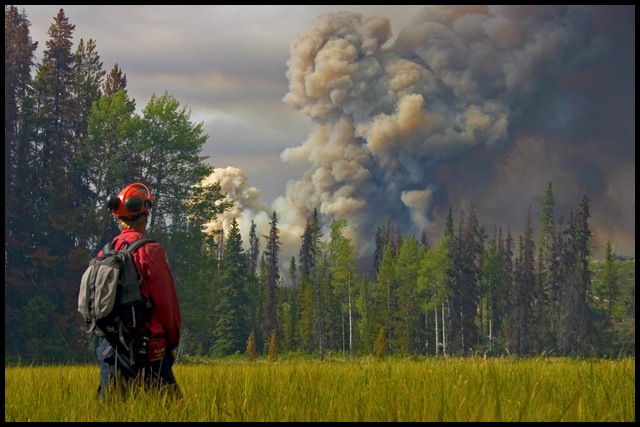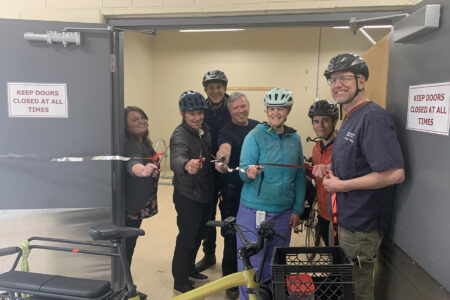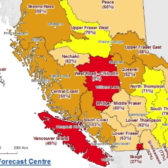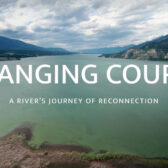If evacuation is necessary, the BC Government wants the public to Be Prepared
BC is experiencing a heatwave like none other.
Wildfires are burning throughout the province.
In case a wildfire happens in your community, or If people reside in an area that is experiencing wildfires with a potential for evacuation alerts or orders, there are some things you can do to prepare that will make this stressful time a little easier to manage.
The most important thing to remember is to stay calm, listen to your local public officials, and if possible, access online social media channels like Twitter or your local government website for information updates.
Evacuation Alerts
- In the event an evacuation alert is issued for your area:
- You will need to prepare to leave your home on very short notice.
- Stay tuned to your local authority’s public information channels, as well as Emergency Info BC (www.emergencyinfobc.gov.bc.ca) for updates.
- Have your emergency kit and important documents ready to go, which should include things like insurance and personal papers such as birth certificates.
You should also pack:
- Several days’ clothing.
- Medicine/prescriptions.
- Consider your pets and get leashes, carriers and pet food ready to go.
- Also consider the kids and bring some comfort items, like a favourite oy or colouring books to help keep them busy.
- Don’t forget to check in on family, friends and neighbours who may have mobility or other issues to contend with.
- This is a good time to collect precious photos and mementos that can’t be replaced.
Evacuation Orders
If you are told the time has come to evacuate, you must leave the area immediately. Failing to leave when asked to by officials puts yourself and others at risk.
Here’s what you should do when an evacuation order is issued:
- Grab your emergency kit and follow the directions to the identified reception centre.
- Follow the routes specified by emergency officials. Don’t take shortcuts. A shortcut could take you to a blocked or dangerous area.
- Take critical items already in your kit – medicine, purse, wallet and keys
- Take your pets in kennels or on a leash.
- Close all doors and windows. Close and latch gates, but do not lock them.
- Take a cell phone if you have one.
- If there is time and it is safe to do, shut off water at the main line into your home, and switch off electricity at the breaker panel. Leave natural gas service ‘on’.
Your local authority officials will advise you when it’s safe to return home.

























